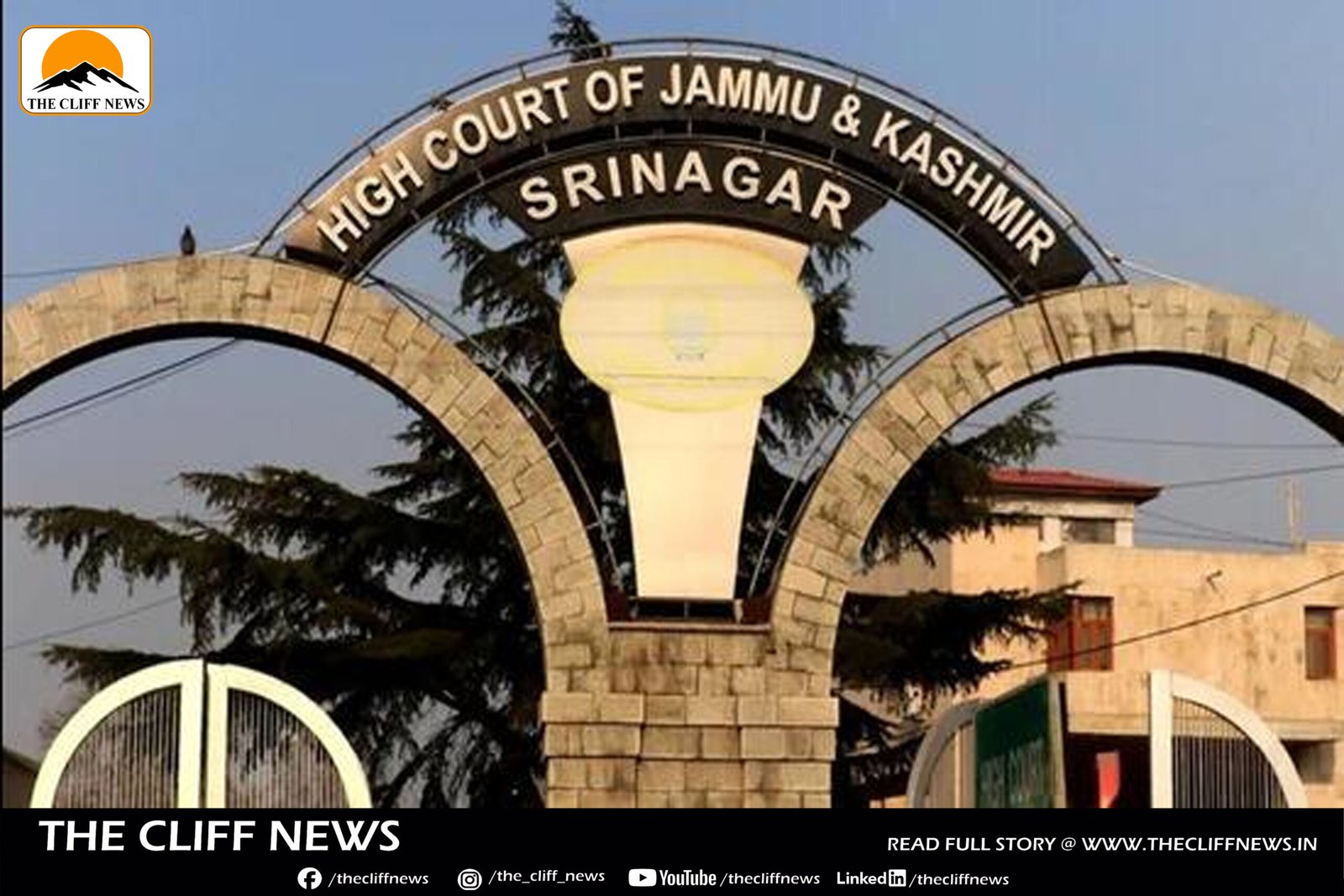Srinagar. In a significant humanitarian ruling, the Jammu and Kashmir and Ladakh High Court has directed the Union Ministry of Home Affairs to repatriate a 63-year-old woman, Rakshanda Rashid, who was deported to Pakistan following the April 22 terror attack in Pahalgam. The court noted that she had been residing in India for the past 38 years on a long-term visa and termed her deportation as a rare and urgent case requiring immediate intervention.
The directive, issued on June 6 by Justice Rahul Bharti, mandates the Centre to facilitate Rakshanda’s return within 10 days and submit a compliance report by July 1. The petition was filed by her daughter, Falak Zahoor, while Rakshanda’s husband, Sheikh Zahoor Ahmed, informed the court that she is gravely ill and has no family or support system in Pakistan.
In a two-page order, Justice Bharti underscored that the woman’s health condition and isolation posed a serious threat to her life. “Human rights are the most sacrosanct commitment to human life,” the order stated, adding that courts must step in with “SOS-like indulgence” in exceptional humanitarian cases, even if the full merits of the case are yet to be adjudicated.
The court also questioned the legality of Rakshanda’s deportation, suggesting that the action may not have been justified given her long-term presence and life in Jammu. “This court is constrained to direct the secretary, ministry of home affairs, to retrieve the petitioner and facilitate the reunion with her husband in Jammu,” the order read.
Following the April 22 Pahalgam attack, in which 26 people—mostly tourists—were killed, authorities had deported several individuals residing in Jammu and Kashmir on long-term visas. However, the move has triggered legal challenges, especially from families who have lived in India for decades.
The matter has been listed for further hearing on July 1, when the home ministry is expected to present its compliance report.



